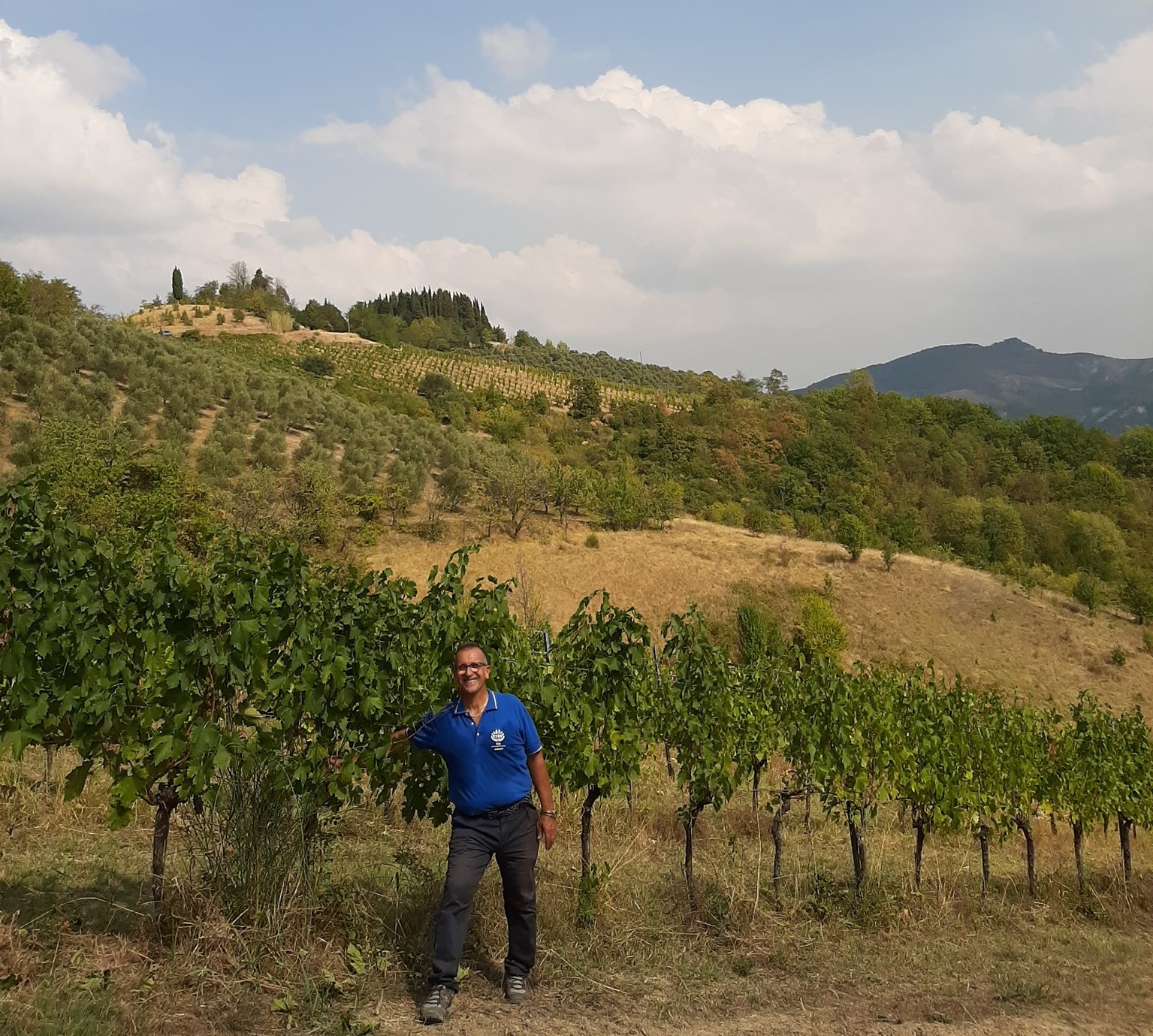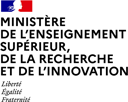AGROECOLOGY AND SYSTEM APPROACH FOR SUSTAINABLE AND RESILIENT HORTICULTURAL PRODUCTION




Uygun Aksoy, Turkey ; Reza Ardanaki, Iran ; Georgina Catácora Vargas , Bolivia ; Martine Dorais, Canada ; David Granatstein, USA ; Pascale Guillermin, France ; Marcos Miñarro Prado, Spain ; Mireille Navarrete, France ; Ram Awadh Ram, India ; Adamo Doménico Rombolá, Italy ; Ulrich Schmutz, UK ; Luo Shiming, China ; Lene Sigsgaard, Denmark ; Saray Siura Céspedes, Perú
Agroecology has developed strongly in the last decade and can be considered as a way to take up the challenge faced by agriculture to produce food and non-food products in a sustainable and equitable way, with a high degree of adaptability to global change. In this context, horticulture in its diversity occupies a central position since fruits and vegetables are of utmost importance in the dietary intake (e.g., health and cultural dimensions) and are, of course, a source of income for farmers. However, the current systems are still generally intensive and specialized ones to face an increasing food demand and economic competitivity at the expense of environment and/or people. Conversely, food crops may decline due to limited access to land, urban migration, global change and side effects (e.g., new pests) and/or changing lifestyles. A paradigm shift in horticultural systems is therefore needed that stakeholders in all parts of the world are invited to take up.
One way to overcome negative externalities due to the intensification is to design more diversified and ecosystem service-based systems that may be more resilient with respect to climatic and economic risks, and less dependent on external inputs and resources. The design of such innovative agroecological systems is complex and knowledge-intensive. A comprehensive system approach is therefore needed that encompasses different scales and organizational levels. Because of the various contexts and objectives, tailored (i.e., site-dependent) rather than standardized systems and practices are at the core of the approach.
This new Symposium offers a significant opportunity to promote the principles of agroecology, enhance participatory processes, strengthen agroecology networks, give visibility to agroecological experiences in different countries of the world at different scales, support the construction of agroecological-based knowledge to achieve resilient agri-food systems and analyze the theoretical, practical and political advances in the field of Agroecology.
The issues addressed in this Symposium may include ecological, agro-technical, political and/or socio-economic dimensions, e.g. community based agriculture, gender equity, education and knowledge building, health, nutrition or food sovereignty. Multidisciplinary as well as participatory approaches are encouraged. Field, farm, landscape, agri-food and/or global scales as well as scaling up studies are considered. Long-term projects and research are welcome. The sessions of this Symposium will encompass design, management and evaluation of agroecological systems at different scales as well as transition processes towards Agroecology.
The following topics will be developed during the symposium :
• Agroecology as a socio-ecological resilience to climate change and in the face of emerging crises. Impact of changing world trends on horticultural production systems. Agroecological horticultural systems for the sustainable management of natural resources and food sovereignty.
• Construction of agroecological knowledge with the different stakeholders. Dimensions and principles of agroecology, methodologies and experiences of co-design. Teaching, research and extension in Agroecology. Collective learning and participatory action research. Seed keepers and their knowledge. Dialogue of knowledge through interdisciplinarity and transdisciplinarity.
• System approach and design of biodiverse agroecological systems that support ecosystem functions and services, e.g. nutrient cycling, pest suppression, pollination etc. Fruit-tree based agroecosystems and agroforestry. New socio-productive public spaces, etc. Scaling up from the field and the farm to the socio-technical and agrifood systems.
• Agroecological practices and management of agrobiodiversity through time and space in agroecological systems. Transition and transformation from intensive conventional to agroecological systems.
• Multicriteria evaluation of the sustainability of complex production systems in agroecological horticulture, indicators of sustainability, e.g. energy efficiency and nutrient cycling in agroecosystems; Ecological, water and carbon footprint.
• Gender equity, contribution of women to Agroecology and social transformation. Women as subjects of change.
• Food systems and ecological economy. Food and nutrition security, diversity and nutritional value of foods. Socio-environmental health and productive contexts; Participatory guarantee systems; Community-supported agriculture; Solidarity-based economy networks.
• Political agroecology. Public policies that favor Agroecology. The role of governance in the development of long-term strategies policies for Agroecology. Public Institutions and Agroecology: challenges, potentialities. Role of social movements and legislation. Networks, common goods, access and socio-environmental / socio-territorial conflicts (rural, urban and peri-urban).
If you need help for your abstract please contact :
HOW TO PREPARE ABSTRACTS AND PAPERS SUBMIT YOUR ABSTRACTS







